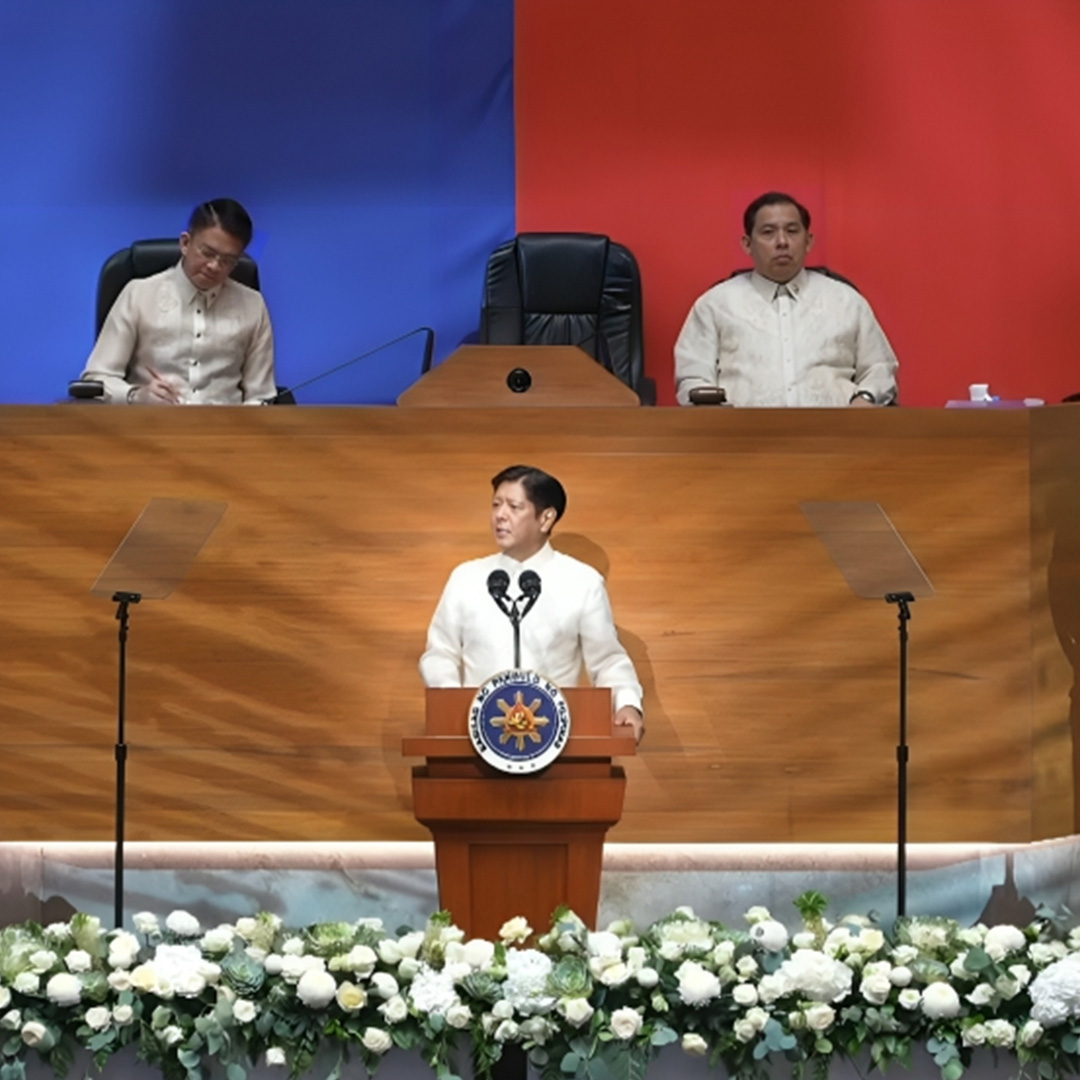The West Philippine Sea is ours – Marcos

President Ferdinand “Bongbong” R. Marcos, Jr. expressed a firm stance on the Philippines’ claim to the West Philippine Sea (WPS) amidst ongoing negotiations with China aimed at maintaining peace.
“Ang West Philippine Sea ay hindi kathang-isip natin lamang; ito ay atin. At ito ay mananatiling atin hangga’t nag-aalab ang diwa ng ating minamahal na bansang Pilipinas [The West Philippine Sea is not a figment of our imagination; it is ours. This will remain ours so long as the spirit of our beloved country, the Philippines, burns bright],” Mr. Marcos said during his third State of the Nation Address (SONA) at the Batasan Pambansa.
Mr. Marcos stressed the importance of peace as the sole acceptable method for settling conflicts, highlighting the fact that the nation is set to lead and organize the ASEAN (Association of Southeast Asian Nations) Summit in 2026.
“We continuously strive to find ways to deescalate tensions in contested areas with our counterparts without compromising our position and our principles.”
The country is bolstering its defensive posture by enhancing aerial and maritime domain awareness, through self-reliance and partnership with allied states, he said.
Mr. Marcos also guarantees that the country will enhance awareness of issues over the West Philippine Sea, especially among the youth and for future generations.
“Laws on our maritime zones and archipelagic sea lanes make sure that this intergenerational mandate will firmly take route in the hearts and minds of the Filipino people,” he explained.
These bold statements from the Philippine president were applauded by attendees, who responded with a standing ovation.
“The Philippines cannot yield. The Philippines cannot waiver,” Mr. Marcos said.
Defending sovereign rights, one of Marcos’ major accomplishments
A law analyst emphasized that one of Mr. Marcos’ major achievements is his defense of sovereign rights over the West Philippine Sea.
“We gain the trust of our security allies that we have a more reliable defense posture… We proved our military’s professionalism, increased the military’s morale… Evolve ourselves with strategic alliances with a number of countries,” Jemy Gatdula, the Dean of the Institute of Law at the University of Asia and Pacific said in an interview.
Mr. Gatdula emphasized that Marcos’ administration’s foreign policy is independent due to its key efforts to gather support from the international community.
“The Marcos administration is very much pro-Filipino just because of the fact that we decided to gather the support of the international community: US, Japan, Australia… EU (European Union), ASEAN… that all of it is the exercise of an independent foreign policy,” Mr. Gatdula said.
The Philippine government voluntarily initiated these defense agreements with international communities without being coerced, indicating that the Philippines maintains its independent foreign policy, he furthered. – Edg Adrian A. Eva



